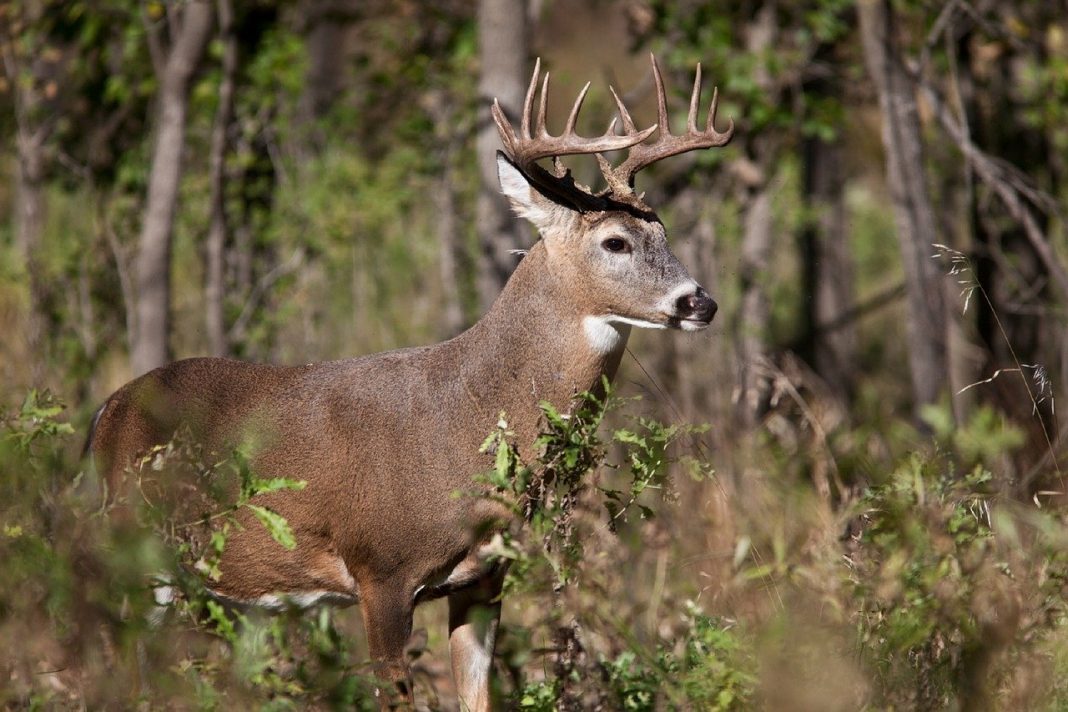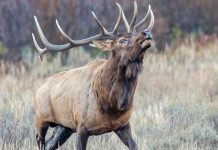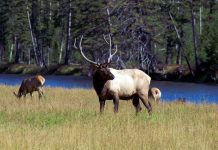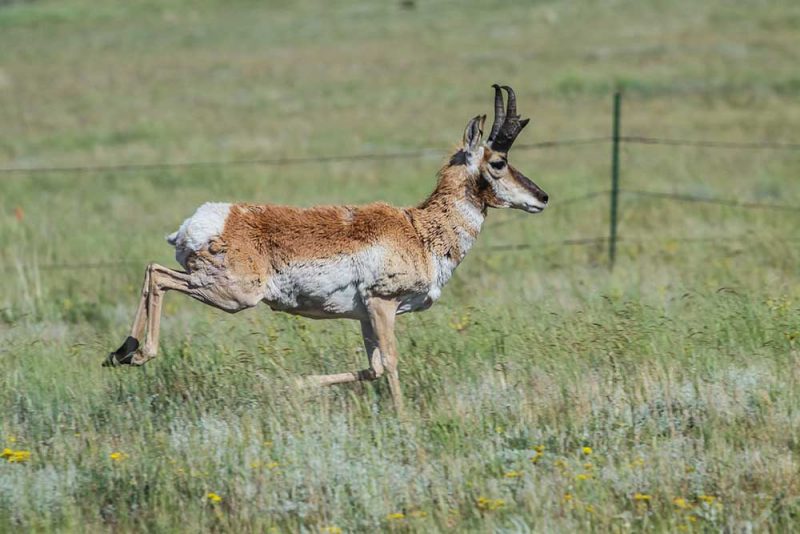DISEASE KILLS 2,000 DEER IN OREGON – Disease is always a concern with wildlife. In many cases, disease has completely decimated entire herds. It’s an issue that wildlife biologists face every day.
The herd of whitetail deer across much of Umatilla County, OR is quite small. A recent count shows a herd of about 3,300 whitetail deer. However, the herd was recently hit with a horrible disease that had a large impact on the deer. The disease is an epizootic hemorrhagic disease that is spread by insects and has a large impact on deer.
The Disease
The disease is a seasonal disease that usually has the largest impact in late summer and fall. Interestingly enough, the disease can be found all throughout the entire United States. It has also been around for a very long time, and even dates back to the 1890s. Typically the disease can be found in pools of water where it will attach itself to small flying insects such as gnats. The gnats will then transfer the disease to a deer and other animals.
Impact to Deer
As stated above, the herd in this area of Oregon was quite small. However, biologists and citizens stated that they would see the whitetail deer quite frequently. As time past, more and more deer were randomly found dead throughout the territory. The sightings of deer also became less and less. As the Oregon Department of Fish and Wildlife began to investigate the lower deer numbers, they began to find more and more deer that had died from the disease. The final count of deer killed by the disease was close to 2,000.
Impact on Hunting
Due to the low number of deer, the ODFW is determining its next steps. First and foremost will be the number of tags given. As it stands right now, they ODFW may not only limit tags, but they may have to cancel the hunt in the Walla Walla, Mount Emily and Ukiah hunting units. They will continue to their research and should have a final answer for hunters by April 15th.
The other concern for hunters is the impact the disease has on the deer meat. Luckily, the disease has no impact on humans and is non-transferrable. Surprising given its impact on the deer population. Greg Rimbach of the ODFW stated the following in regards to the meat.
Meat from game with EHD is consumable, and the disease is not transmittable to humans, according to the wildlife department, but experts recommend thoroughly cooking any meat from animals from an infected area. Well-cooked venison, Rimbach said, would be just fine. I would eat it, he said.
Will this impact your hunting plans this year? Would you have concerns eating the meat of an animal with EHD?















